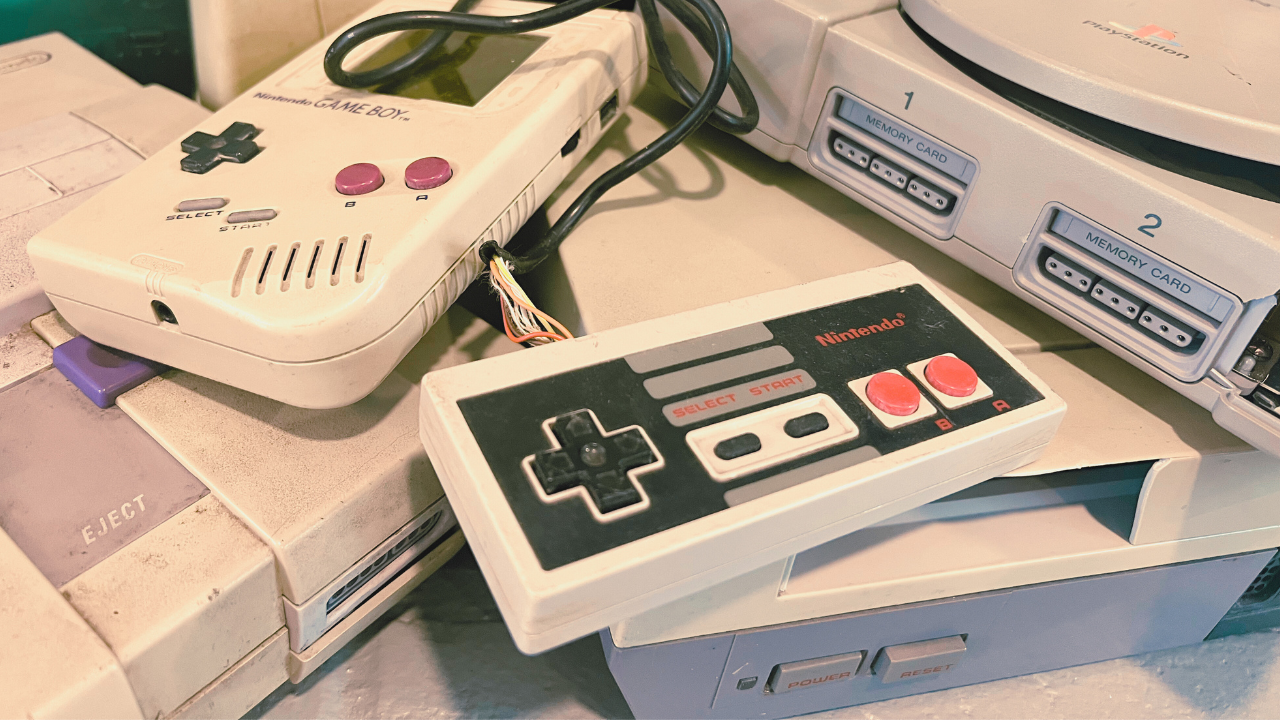This is especially a problem for any game that had online connectivity, where the servers are no longer up, and do not have a way of self hosting a server.
For offline games, one could theoretically sail the high seas and find video game archivers, such as No-Intro, Redump, eXoDOS, and Tru-Rip
Emulation has gotten so good that at least a motivated person can usually figure it out illegally.
This is definitely true. But it seems almost criminal that a huge chunk of a category of art is completely inaccessible legally. Video games are of course intrinsically tied to the technology that makes them possible. Unlike music or film, video games are not only the game ROM or ISO or whatever, but the platform in which it ran, and some might even say the display they were design for (see vector graphics displays). With a film or record, you can use a ton of different methods to experience that media that are standardized and convertible to another standardized platform. And since even the oldest ones are analogue, the copy is “ownable” in a way that video games mostly aren’t.
It also seems like a missed business opportunity. I’d absolutely pay for roms to play in emulators of my choice if only there was an iTunes for games that let me just buy a file and download for use wherever I can run it. But that basically doesn’t exist at all. Sometimes classic collections on steam will let you pull the file from it, but it’s not exactly the intent and it isn’t “easy” like buying a song on iTunes is/was.
Sadly, without some sort of legislation about this, we will continue to need to do things “illegally”
The concept of “available” is murky here. Buying games second hand has always been a huge part of how people acquire games. And most vintage titles can be bought on eBay or via other means. I guess that doesn’t count? That’s fine I suppose, but then the article says:
Anyone should be able to easily explore, research and play classic video games, in the same way that they can read classic novels
Does this writer not understand that books go out of print? Not all novels are “represented in the current marketplace” and are only accessible because someone “maintains vintage hardware” ie: keeps physical copies of the book around.
I don’t know… the definitions are just slippery here. I sorta know intuitively what they’re getting at but upon examination the argument crumbles a little bit.



